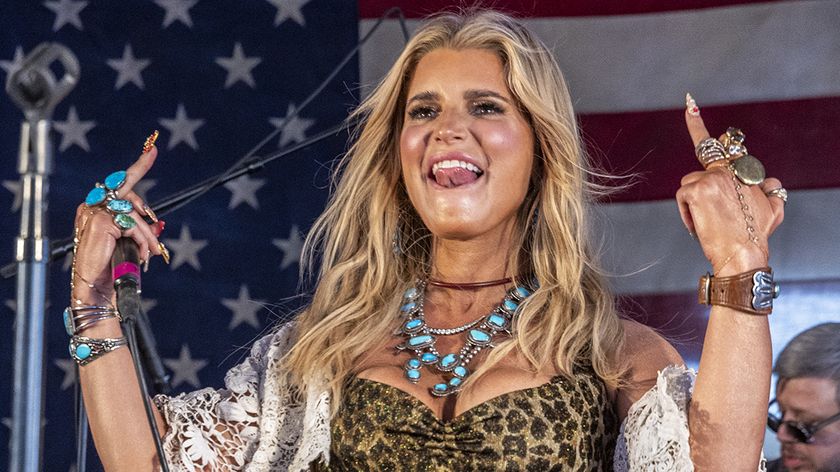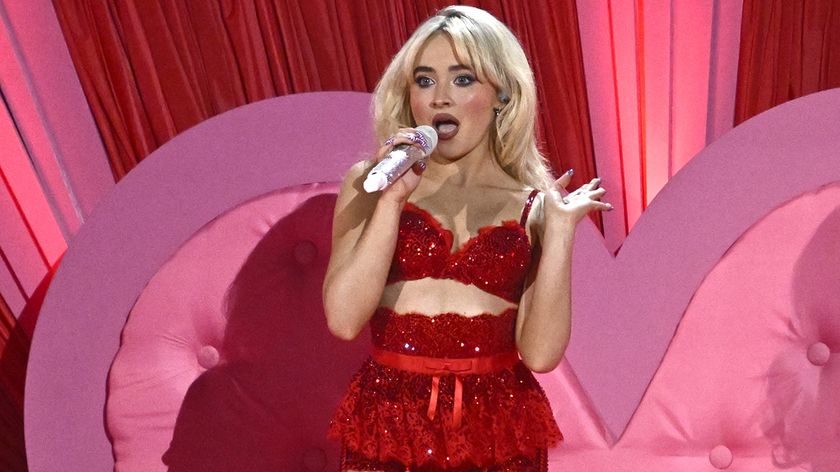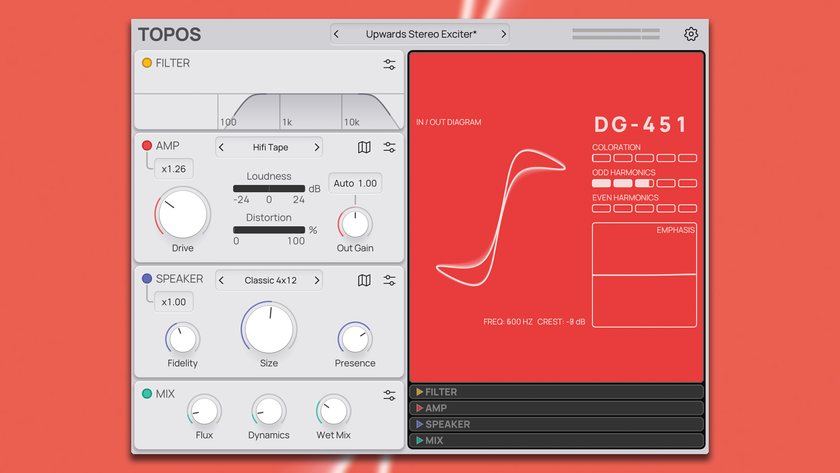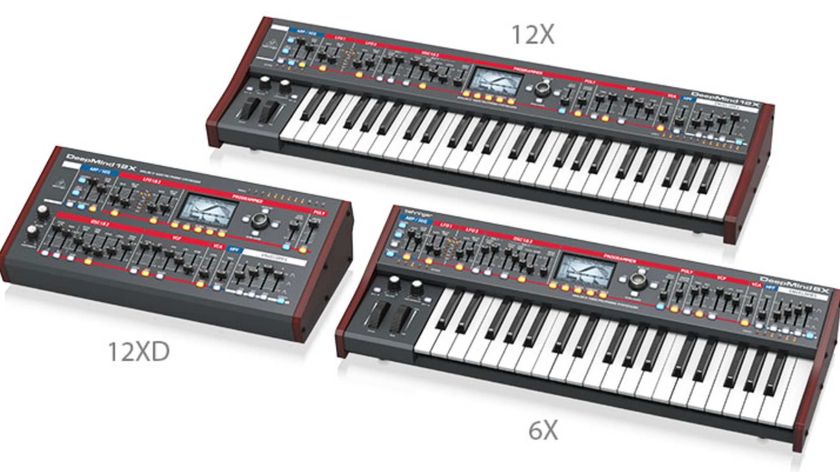Passenger: “Busking taught me so much, not just about about being a musician or writing songs, actually about growing up and being a human!”
Mike Rosenberg talks about the influence of America, being a solo artist and writing pop songs in an era of distraction
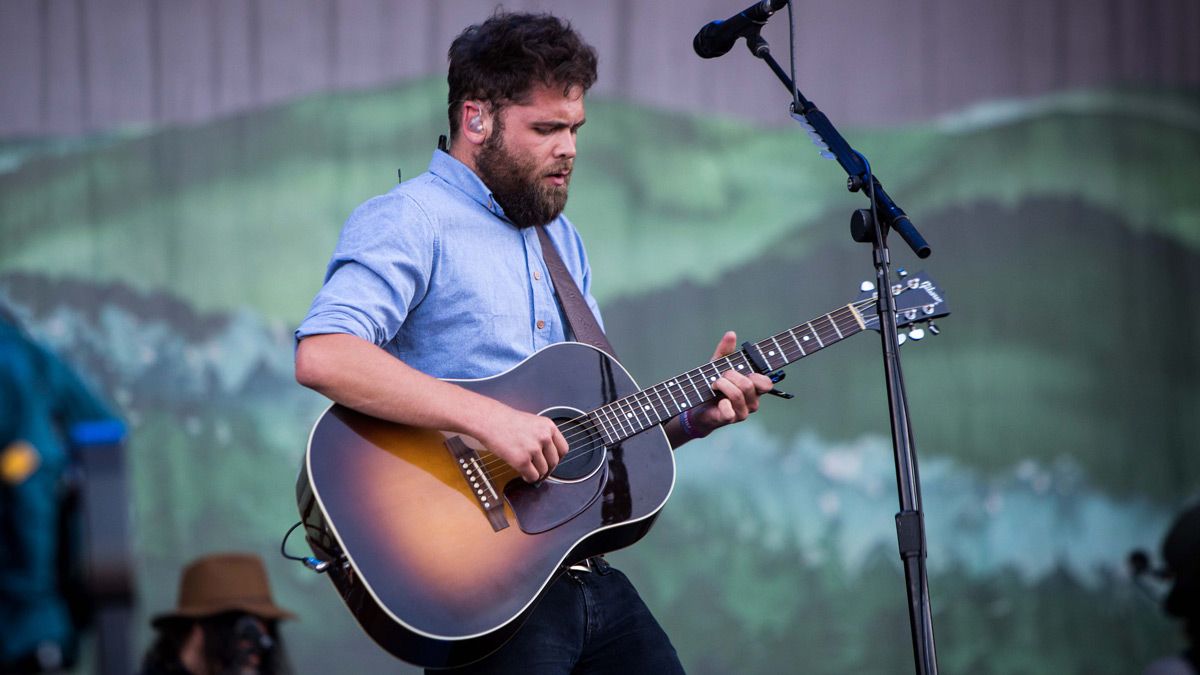
Mike Rosenberg plies his trade as Passenger, a name that maybe made more sense when the project was principally a dual concern with his songwriting partner, Andrew Phillips.
Back then, in the early 2000s, Passenger was what we’d call a band, but after Phillips’ departure, and having cultivated enough of a following that the name Passenger still resonated with those sifting the ether for new voices in folky British pop, Rosenberg saw no need to change the name while retooling Passenger as a solo project.
The rest is a recent history populated by tours with Ed Sheeran, an Ivor Novello award courtesy of the smash-hit Let Her Go, and a steady upward trajectory that leaves his years busking on the street as the sort of biographical curio that requires some double-checking with the man himself to be sure that it really happened. As he explains here, it did, and it was the making of him.
Nine albums later, with Rosenberg the authorial voice behind them, there might still be something enigmatic about his using the Passenger name, but there’s no mistaking Runaway for anything other than a solo work.
His 10th studio album – including his 2007 debut, Wicked Man’s Rest, recorded with Phillips and band – it pares his voice and acoustic guitar to a suite of typically American instrumentation.
Taking the grand sweep of America and its formidable geography and pop-cultural mythology as inspiration, Runaway sees Rosenberg work through themes of loneliness and identity, trafficking in a deeply personal and bittersweet folk-pop sound that’s swathed in pedal-steel and country twang courtesy of guitarist Benjamin Edgar.
Rosenberg was born in England to an American father; that goes some way to explaining his transatlantic disposition when writing for Runway. But there’s something more. Maybe it lies in America's vastness, the great breadth of its human experience. As Rosenberg tells it, that’s just the sort of thing that gets a songwriter like him going.
Get the MusicRadar Newsletter
Want all the hottest music and gear news, reviews, deals, features and more, direct to your inbox? Sign up here.
How do you know when a song is working for you?
I’m very much of that old-school mentality of believing that if it works with an acoustic guitar and a vocal then it should work within any format
“I’m very much of that old-school mentality of believing that if it works with an acoustic guitar and a vocal then it should work within any format – and especially when most of my live work is just guitar and vocals, so it really does have to work with only that. I’d say 99 per cent of the time I write on my own, just with my guitar, and then it’s trying to figure out what it needs in a production sense.”
Will you get involved with those compositions or is that what the producer or the band will come up with?
“It’s sort of a mix. Sometimes I’ll have melody lines or ideas in my head when certain instruments should come in,- y’know, a strings line or something like that.
“What’s brilliant now is that I’ve been working with the same band for three records and there is such an understanding that’s grown there, and I think with every album that we work on together we get each other more, and they’ve found what I’m after a lot more from a taste perspective, so it’s much less talking and explaining in the studio now, and really it’s playing.
“Everyone is on the same page. I feel extremely lucky to have such good players but also people who also get the music now as well.”
That is the ideal. Now, we see you as a solo artist, but is that how you see it, too? Or do you see yourself as part of a band even if it is you whose personality is carrying it forward?
“Yeah, I think it is. I think Passenger is a bit of an ambiguous thing, because in the past it’s been a band, or it’s been just me, or a duo or whatever, but I kind of like that as well. I think it’s whatever that I’m doing with whoever I’m doing it with!
“But yeah, as far as the writing goes, 99 per cent of it is written by me on my own, and yeah, I certainly feel like the driving force behind it – ironically, being Passenger – but it was really nice and refreshing change of pace with the band; for the last big album that I did, we did a huge world tour with a really cool band and it was really, really fun. And for this album, for this tour coming up, it’s going back to the solo stuff; I really love the idea of going between the two and offering the fans something different every tour.”
You can’t have a more brutally solo approach to performance than taking to the streets and busking. There’s a parallel to what you are doing with Passenger, because on many occasions you will be playing to audiences that are not your own. Did busking give you the skills to deal with this?
I feel so lucky to have gone through the busking thing, even though at the time it had its fairly miserable moments
“Absolutely. Busking taught me so much on so many levels, not just about being a musician or writing songs, actually about growing up and being a human! [Laughs] And understanding the world a little bit better – because I spent five years, or a good few years, staying in hostels, travelling on trains everywhere. A lot of carrying a big bag of CDs and an amplifier around.
“There’s nothing glamorous about that, firstly, so you definitely learn how to be humble and grateful about things. And also, I met the most weird and wonderful bunch of people on that journey, and yeah, it was great material for writing songs, but I really do feel like it got me ready emotionally and mentally for the fame that was waiting around the corner.
“I feel so lucky to have gone through the busking thing, even though at the time it had its fairly miserable moments. I think it was just such an amazing way of – almost like an apprenticeship. [Laughs] If I look back on it, I really view it as learning a trade.”
It’s like you were labouring on the building site and now... Well, now you’re the architect.
“Exactly! I’m the project manager. [Laughs]”
Well, quite! Just to completely take the sex and glamour out of stardom, you are the project manager of Passenger. But, to take a more serious look at your songwriting, you write about people who are talking about how they want to be someone else, be somewhere else, have someone else, and these are all very human anxieties, anxieties that seem amplified today with advertising and people’s expectations of life. Is that tension between having to be someone else a tension you recognise when you are writing these songs?
Everybody is panicking that they are not doing the right thing. And I think, as a result, everyone is missing out on doing anything at all
“Such a good question, and you know what, I was having this conversation with someone just an hour ago – not an interview, just as friends – and I think we are in an age with Instagram and social media, and as you say advertising, and everywhere you look there are other, alternative options.
“There are so many options and I think that we are all just paralysed by choice, you know what I mean? And you are forever worrying that you are doing something the wrong way, or that you should be doing it a better way, or you should be travelling, or you should be settling down and having kids, or you should be going to university, you should do this, you should do that, and I think everybody is panicking that they are not doing the right thing.
“And I think, as a result, everyone is missing out on doing anything at all. I think that is a real issue that we face as a society moving forward, as well as a million others, but I definitely think, yes, that is bubbling away in my writing for sure.”
As well as these always-on pressures in life weighing on our consciences, there is also such a battle for our attention. Do you think the pop song the perfect art-form for catching attention in a distracted world?
“Yeah, the funny thing is, I actually think people aren’t changing. People still love what they’ve always loved. They love songs that mean something. People have always loved catchy melodies; that’s why The Beatles and ABBA and everybody did so well. That hasn’t changed.
We also live in an age where you can record an album in your bedroom and you can release it yourself, and if it’s good it can go around the world within 24 hours
“I think what’s changed is trying to get your music to people. That’s really difficult. I think there is less and less opportunity – on radio and some of the more mainstream avenues – to get proper songs played with real instruments to people is an ongoing challenge, but, having said that, we also live in an age where you can record an album in your bedroom and you can release it yourself, and if it’s good it can go around the world within 24 hours, and that’s really exciting as well.
“I don’t know, man, everything is as good as it is bad at the moment! [Laughs] There’s opportunity in chaos!”
You have to embrace the paradox that modern life is rubbish but it is quite convenient, too. It’s never been easier to discover new music. What were the big musical epiphanies in your life?
“I think as far as songwriting goes, Paul Simon has been a huge influence, and actually, when I was first starting to write songs, when I was 15 or 16, I was basically just writing really, really shit Paul Simon songs. I think a lot of the time when you hear kids writing it’s always heavily influenced by someone, and for me it was Paul Simon.
“I went to see John Prine, a sort of old Nashville singer-songwriter, when I was 15, and just the way he played live and the stories he told, he would be hilarious one minute and heartbreaking the next, and I think that kind of rollercoaster that he took me and the rest of the crowd on that night really had a huge influence on me, and it had a massive impact, because I realised then just how powerful that could be. Very simple songs, very simple ideas, but if you do it right, take the crowd with you, then it can be super-powerful. So yeah I’d say those two.”
And another influence on this record, America, the place. It’s so huge both geographically and ideologically. How did it shape this record for you, with your father being American, and growing up, like so many of us, in a popular culture that is dominated by America?
“It’s a fascinating place. It’s obviously enormous and full of millions and millions of different people. It does frustrate me, I think maybe being half-American, when there’s a lot of sort of acceptable racism towards America.
“Americans get bundled into this enormous bracket, like, Americans do this or Americans think that, and Americans are so this or that, and it is as stupid as saying Europeans are this or that or Africans are this or that. It’s completely unacceptable, actually – America is such a vast and varied country, and yeah, of course, politically it is going through a really difficult time at the moment, as is everywhere, but I think it’s really important to remember that there are huge positives about the States.
“It’s beautiful, visually and geographically; it’s a wonderful place to go and visit. There are some beautiful, lovely, wonderful, friendly people there as well. It’s very easy to start believing from what you read and what you watch and what you hear that it’s one thing – and it’s many things, America. It is a huge and bizarre and wonderful place.”
Runaway is available now via Black Crow Records.
Jonathan Horsley has been writing about guitars and guitar culture since 2005, playing them since 1990, and regularly contributes to MusicRadar, Total Guitar and Guitar World. He uses Jazz III nylon picks, 10s during the week, 9s at the weekend, and shamefully still struggles with rhythm figure one of Van Halen’s Panama.
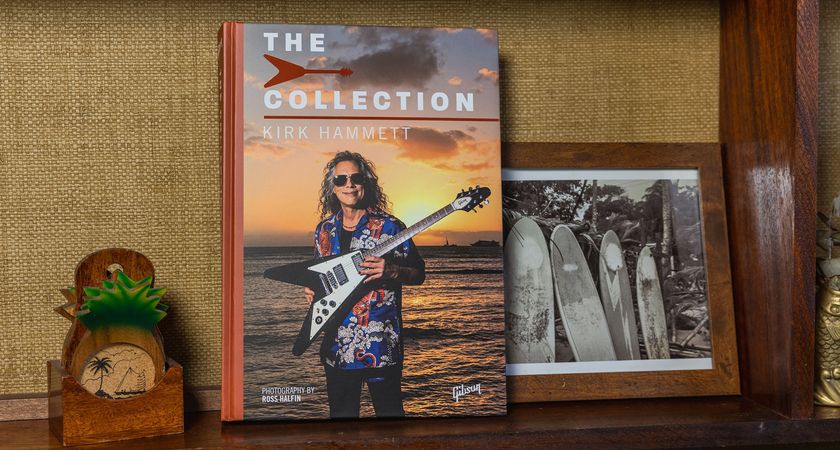
“The deepest-ever dive into the Metallica star’s eclectic guitar collection”: Kirk Hammett and Gibson Publishing team up for epic coffee-table book

“While it might not be the vintage D-28 of your dreams, this is a Martin you can be proud of”: Martin X Series Remastered D-X2E Brazilian review


